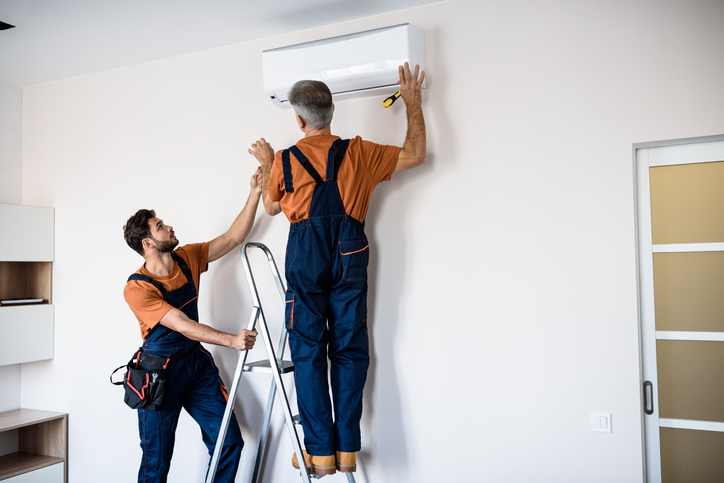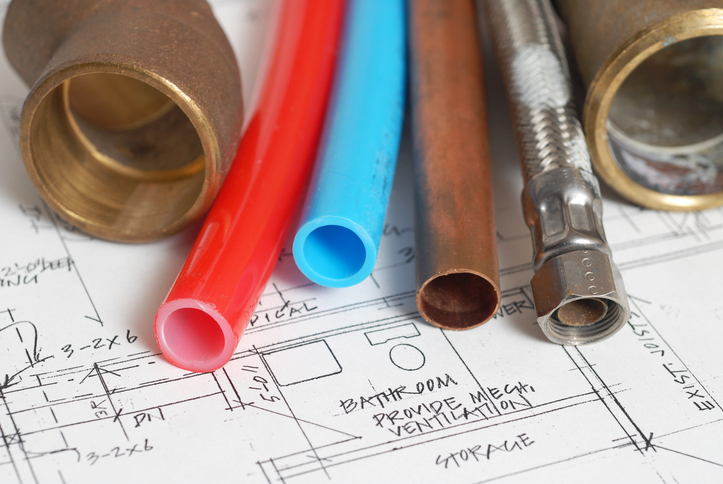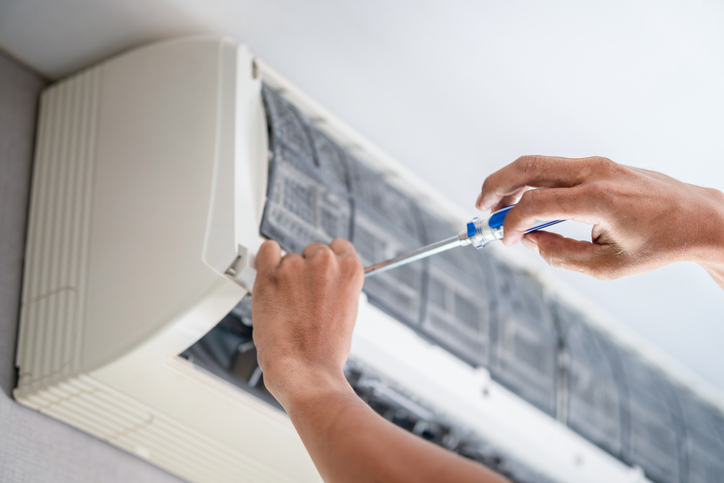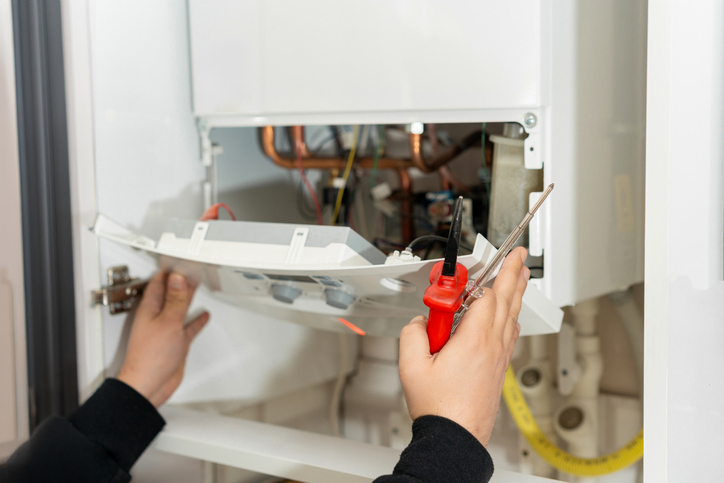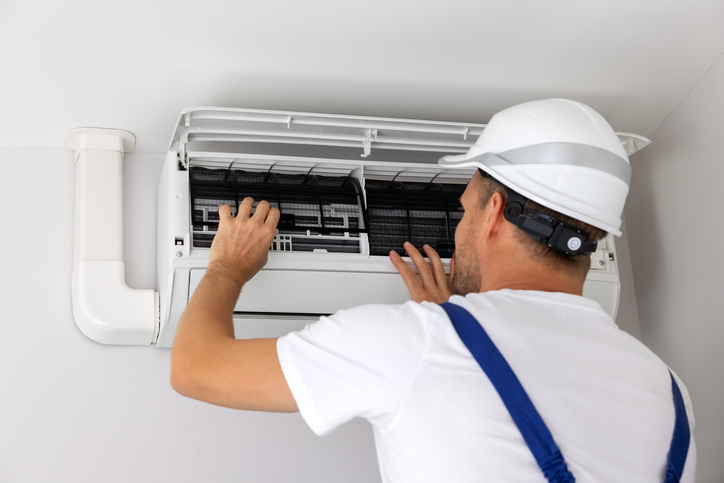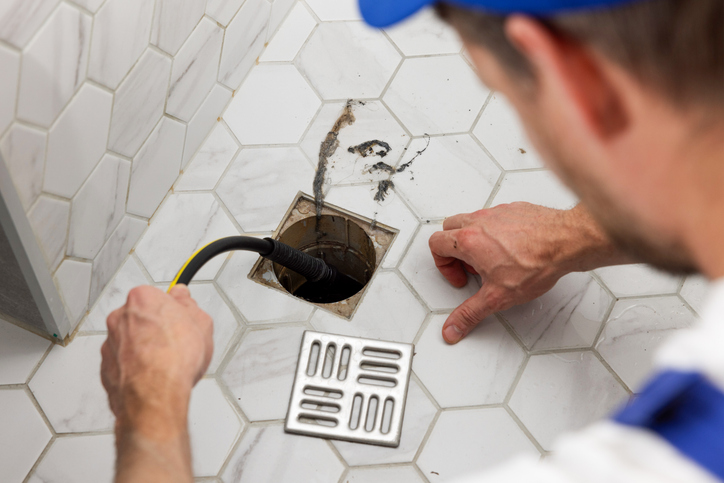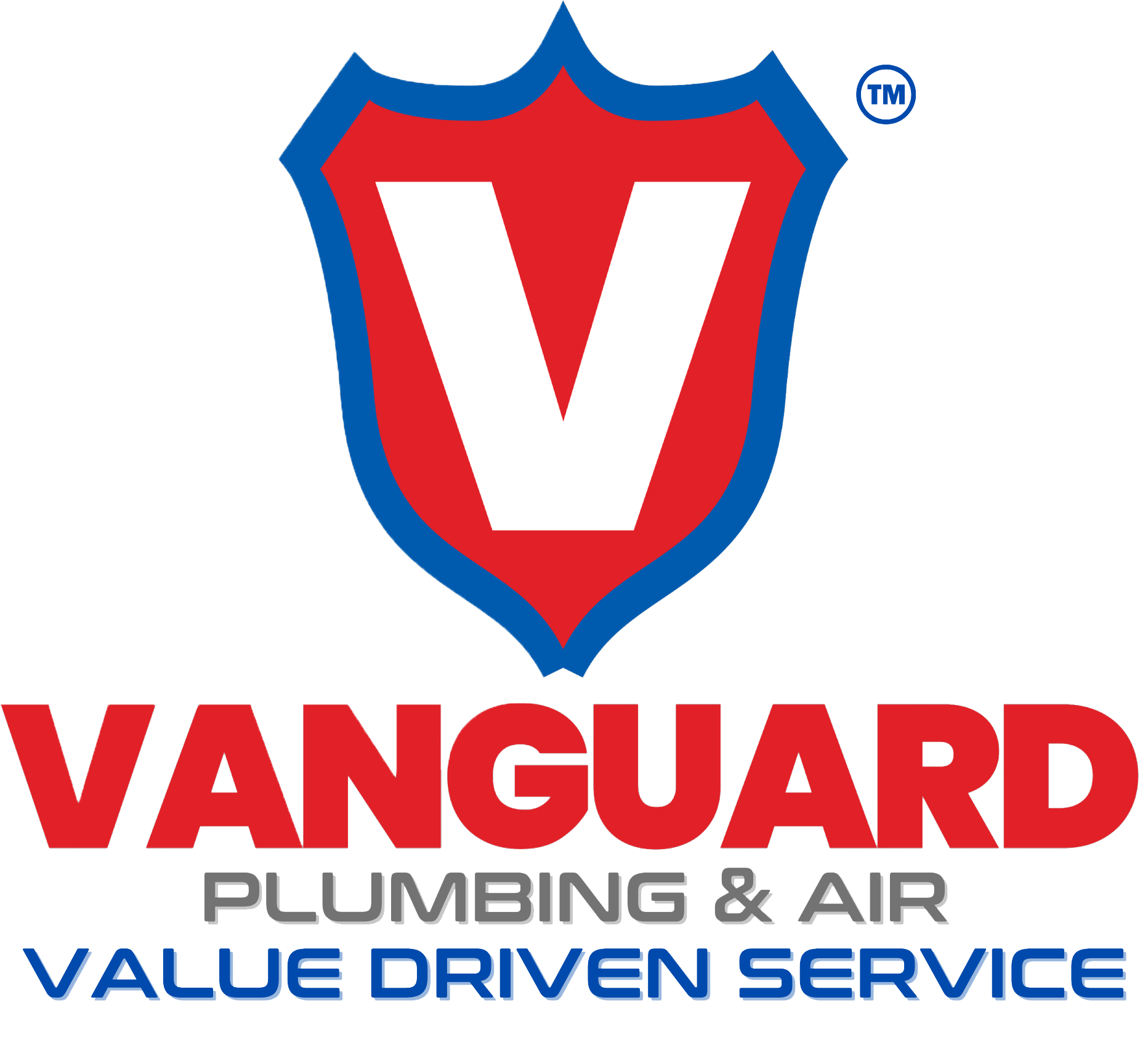Installing a new air conditioning system requires careful planning to ensure efficiency, comfort, and longevity. One of the most critical factors in this process is proper sizing. An air conditioner that is too small will struggle to cool the space, while an oversized unit will cycle on and off frequently, leading to inefficiency and unnecessary wear. Proper AC sizing is key to optimizing energy use, enhancing indoor air quality, and prolonging the system’s lifespan. This article explores the role of accurate sizing in an efficient AC installation and why it is essential for homeowners and businesses.
1. The Importance of AC Sizing in Energy Efficiency
Proper AC sizing directly impacts energy efficiency. A correctly sized air conditioner cools a home using the optimal amount of energy. An undersized unit will run constantly to maintain the desired temperature, leading to increased energy consumption and higher utility bills. On the other hand, an oversized system cycles on and off frequently, consuming excess power while failing to dehumidify effectively.
By performing load calculations before installation, HVAC professionals determine the precise size needed for a given space. The Manual J Load Calculation is the industry standard for assessing cooling needs, factoring in square footage, insulation levels, window placements, and climate conditions.
2. How Improper Sizing Affects Comfort Levels
A properly sized AC system ensures a comfortable indoor environment. An undersized unit struggles to maintain consistent temperatures, creating hot spots and discomfort. Conversely, an oversized unit cools the space too quickly, leading to short cycling, which results in uneven temperature distribution and increased humidity levels.
Maintaining the right balance of cooling power ensures consistent airflow and temperature control throughout the home. Correct sizing enhances indoor comfort by eliminating fluctuations and providing steady cooling performance, even during peak summer conditions.
3. Longevity and Durability of the AC System
Air conditioners are designed to run in cycles, gradually cooling a space without excessive strain. An improperly sized system undergoes excessive wear and tear. An undersized unit overworks its compressor, shortening its lifespan, while an oversized system experiences frequent on-off cycles, leading to premature component failure.
Proper sizing helps maintain the integrity of the AC unit by ensuring it operates as intended. Homeowners benefit from fewer breakdowns, reduced maintenance costs, and a longer-lasting system, ultimately maximizing their investment in a new AC setup.
4. The Impact of Sizing on Indoor Air Quality
Indoor air quality (IAQ) is an important consideration in air conditioner installations. An incorrectly sized unit negatively impacts IAQ by failing to regulate humidity levels effectively. An oversized unit cools the air too quickly without removing sufficient moisture, creating a damp environment that encourages mold growth and reduces overall air quality.
A properly sized system, combined with an effective filtration system, promotes better IAQ by maintaining consistent humidity and airflow. This reduces allergens, airborne pollutants, and excess moisture, contributing to a healthier indoor environment for occupants.
5. Calculating the Right Size for Your AC Unit
Determining the correct AC size requires professional calculations rather than estimations. The Manual J Load Calculation is the most accurate method for evaluating cooling requirements. Factors considered include:
- Home size and square footage – Larger spaces require more cooling power.
- Insulation quality – Well-insulated homes retain cool air better.
- Number of windows and orientation – Sunlight exposure affects heat gain.
- Climate conditions – Hotter regions require more cooling capacity.
- Occupancy and heat-producing appliances – More occupants and electronics generate extra heat.
Using these factors, an HVAC professional determines the appropriate BTU (British Thermal Unit) rating, ensuring the system meets the home’s specific cooling demands.
6. The Consequences of Oversized and Undersized AC Units
Oversized Units:
- Short cycling: Rapid cooling causes frequent shutdowns, leading to energy waste.
- Inadequate humidity control: Excess moisture remains in the air, increasing the risk of mold.
- Increased wear and tear: Frequent on/off cycling causes premature component failure.
- Higher upfront costs: Oversized units cost more to purchase and install without providing additional benefits.
Undersized Units:
- Constant operation: Struggles to reach the desired temperature, leading to higher energy bills.
- Reduced cooling efficiency: Fails to provide adequate comfort in extreme heat.
- Shortened lifespan: Overworking the compressor leads to faster deterioration and expensive repairs.
- Poor humidity control: Insufficient cooling leads to excess indoor moisture and discomfort.
7. The Role of HVAC Professionals in AC Sizing
Choosing the right AC size requires professional expertise. HVAC technicians perform detailed assessments, conduct load calculations, and recommend units that match a home’s specific needs. Working with an experienced professional ensures:
- Accurate sizing calculations using industry standards.
- Proper installation and ductwork assessment to optimize airflow.
- Guidance on energy-efficient models to reduce operational costs.
- Compliance with local building codes and manufacturer warranties.
Avoiding DIY or guesswork in AC sizing prevents costly errors and ensures an efficient cooling system tailored to your home’s needs.
8. Upgrading to a Properly Sized AC System
If an existing AC unit is improperly sized, upgrading to the correct system can significantly improve efficiency and comfort. Signs that indicate an AC system may be incorrectly sized include:
- Inconsistent temperatures across rooms.
- Frequent on/off cycling.
- High energy bills despite regular maintenance.
- Poor humidity control leads to discomfort.
- Loud operation or frequent breakdowns.
Replacing an old or inefficient AC system with the right-sized unit enhances performance, reduces energy waste, and ensures long-term savings on cooling costs.
Proper sizing during AC installation plays a vital role in ensuring efficiency, comfort, and durability. An incorrectly sized system leads to higher energy bills, poor air quality, and premature system failure. By conducting professional load calculations and choosing the right AC unit, homeowners can maximize their investment and enjoy optimal cooling performance. Whether installing a new system or upgrading an old one, working with HVAC experts ensures a well-sized, energy-efficient AC that provides long-term benefits.
Get the perfect AC Installation for your home with Vanguard Plumbing Services. Call Our proficients at 863-271-7988 today for expert sizing and installation to maximize efficiency, comfort, and energy savings!


